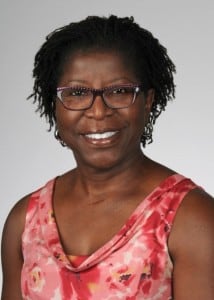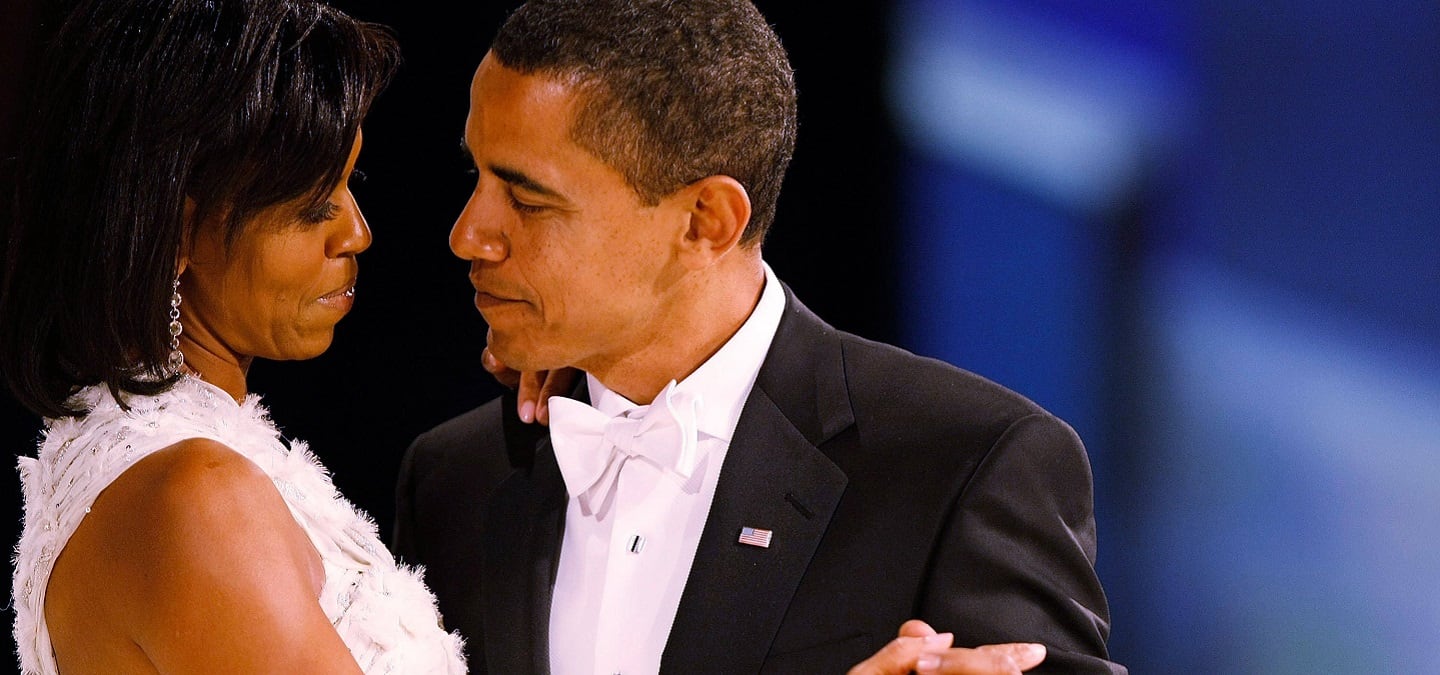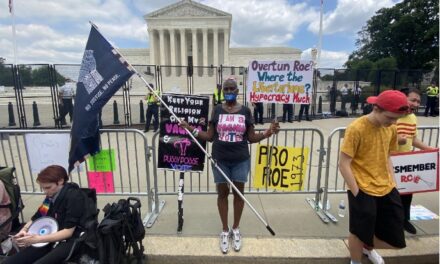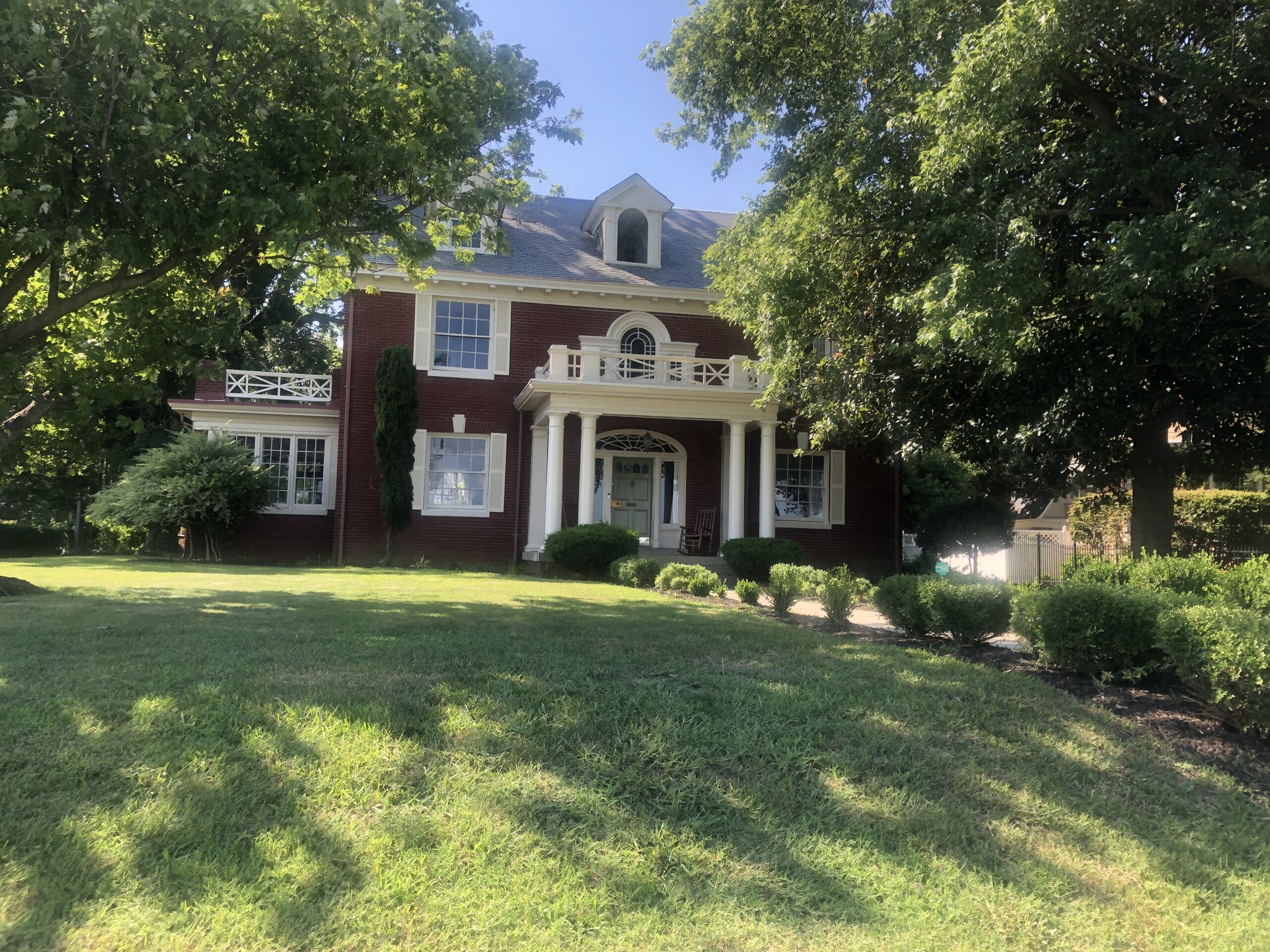
Debbie Chatman Bryant, DNP, RN, and award-winning health care activists who works to bring cancer prevention to all.
Debbie Chatman Bryant: A Health Hero for Those Who Need It Most
By Sheree Crute
Sometimes we discover our heroes through the bright light media shines on celebrities, but often, the people who help others to live better, longer, healthier lives fly well below our radar. Or as Debbie Chatman Bryant, DNP, RN describes it, when people notice people like her, it’s for “the work you try to hold your head down and get done.”
Dr. Bryant, a nurse practitioner is that kind of hero. Her determination to prevent cancer among the medically underserved in South Carolina earned her a Robert Wood Johnson Foundation Community Health Leader Award and the honor of becoming an Executive Nurse Fellow.
Director of the Partnership for Healthcare Quality Research and Director of Outreach and Community Relations for the Hollings Cancer Center at the Medical University of South Carolina at Charleston, Dr. Bryant does the hard work of building partnerships between health care providers, medical systems and community-based organizations to ensure that people from every walk of life have access to the best cancer care.
Her work has brought desperately needed care to thousands through patient outreach and patient navigator and programs designed to increase the number of people with access to cancer prevention and treatment services. Her safety-net mobile screening program for coastal South Carolina has brought mammography services to more than 15,000 women, while patient navigators have helped nearly 2,000 women across 11 counties. An important achievement in a state where 18 percent of residents live below poverty level; the rate for African Americans is more than 28 percent. These programs have decreased the number of women receiving care after an abnormal cancer screening from 11 percent to 5 percent over five years. This is not the kind of news that makes you a star of social media, but it is the kind of work that saves lives.
As a child who grew up in South Carolina during segregation and was often ignored, Dr. Bryant says what she wants other health care leaders to learn from work like hers is that it’s important to “hold your head up and speak loudly enough … so that other people can know that this work is important.”
Sheree Crute is co-founder and Editor-in-Chief of Fierce








